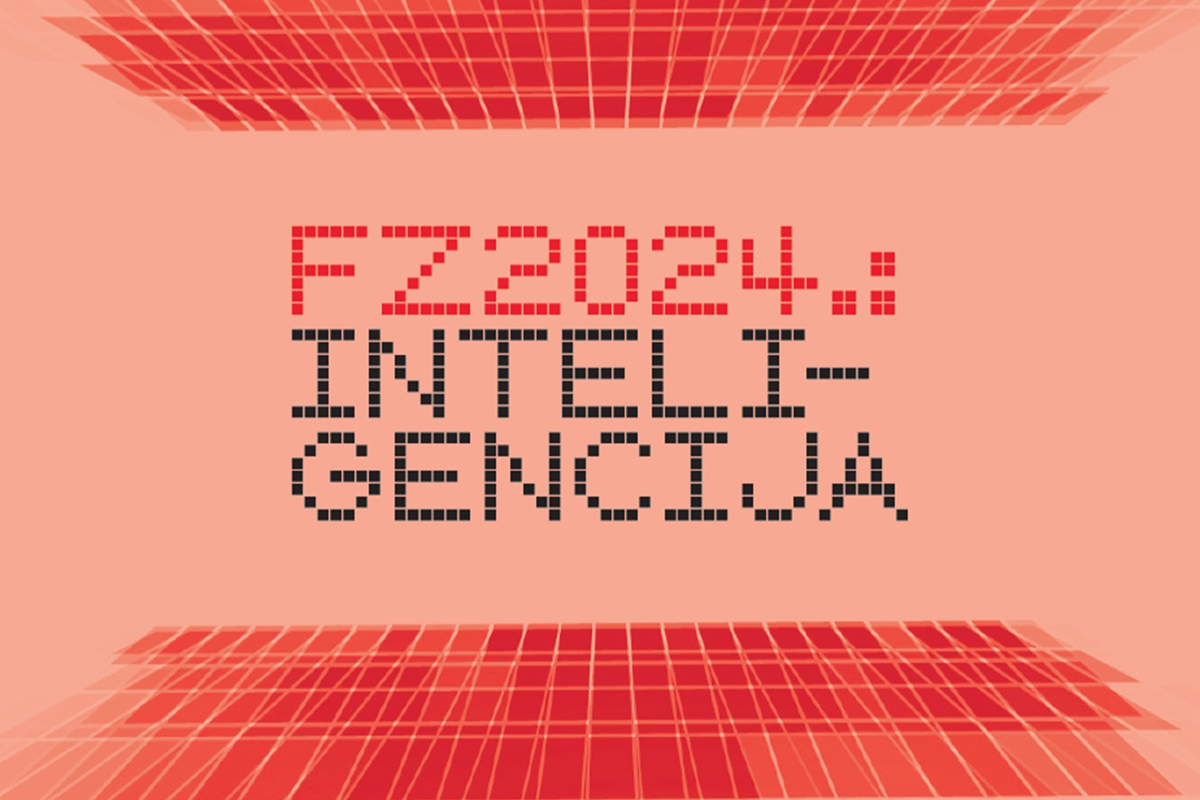The Science Festival is an event aimed at bringing science closer to the public by informing them about activities in the field of science, improving public perceptions of scientists, and motivating young people to research and acquire new knowledge. The organizers of the Festival are: Universities of Split, Zagreb,
Rijeka, Zadar, and Osijek in collaboration with the Nikola Tesla Technical Museum and the British Council. The Science Festival is held under the auspices of the Ministry of Science and Education of the Republic of Croatia, and with co-financing from the City of Zagreb – the City Office for Culture and Civil Society, and the Ministry of Culture and Media.
The Science Festival has been held in Croatia every year since 2003 at the end of April. The 2024 Science Festival was held from April 24, 2024, to July 27, 2024. As in previous years, its goal was to bridge the gap between science and the public, inform participants about the latest activities and discoveries in science and art, improve public perception of scientists, and encourage young people to research and acquire new knowledge. The central theme of this year’s Science Festival was INTELLIGENCE. Members of the IM4StEM project team also participated in the 2024 Science Festival. Marijana Hadzima-Nyarko and Silva Lozančić from GRAFOS, as well as Petra Pejić from FERIT, participated in this year’s Science Festival with a presented poster titled “Artificial Intelligence in Construction”. This year’s theme is closely related to the activities of the IM4StEM project, which will conduct assessments of earthquake vulnerability and earthquake risk estimation, fundamental for disaster management, i.e., for the prevention of earthquake damage and earthquake risk management. IM4StEM offers concrete solutions for recovery from earthquake destruction through research and testing of handling construction waste caused by earthquakes, or its recycling. Within the project, new recycled construction materials will also be tested – biomortar, which will use waste ash from biomass and recycled bricks from construction waste.
During the IM4StEM project, modules will be developed to apply artificial intelligence (AI) to predict:
- earthquake vulnerability of existing buildings
- load-bearing capacity of walls made from recycled bricks
- strength of recycled materials.
AI algorithms analyze data related to environmental factors: energy consumption, carbon emissions, and
construction waste management, to assess and optimize the impact of construction projects on the
environment. This promotes sustainability, savings, waste reduction, and recycling, aligning with green building practices and reducing environmental impact.
